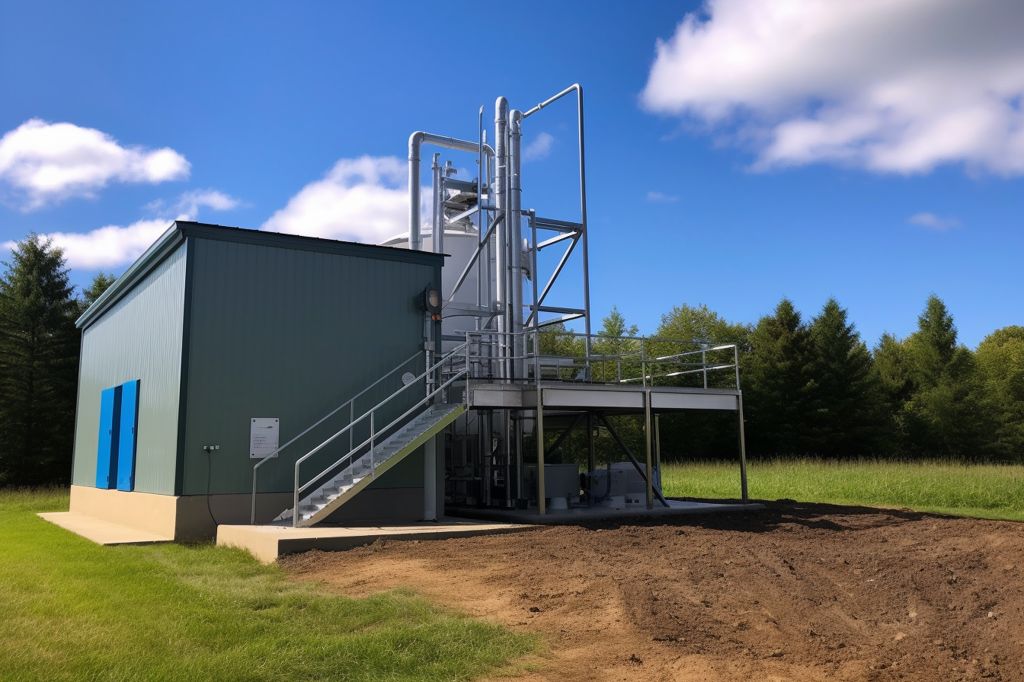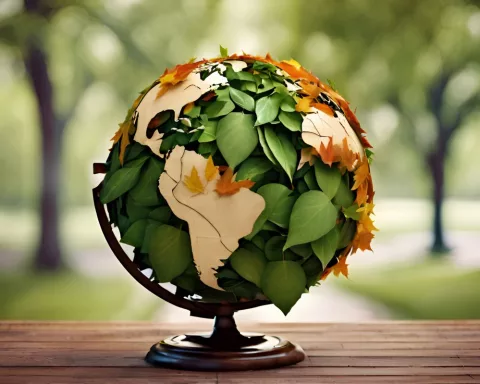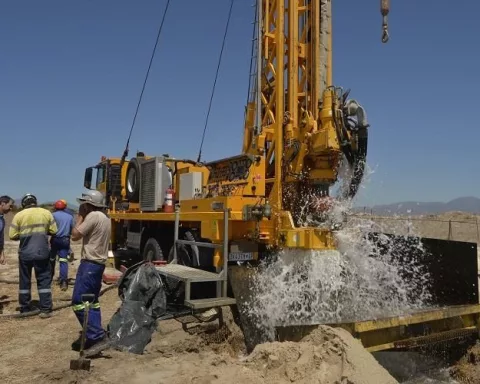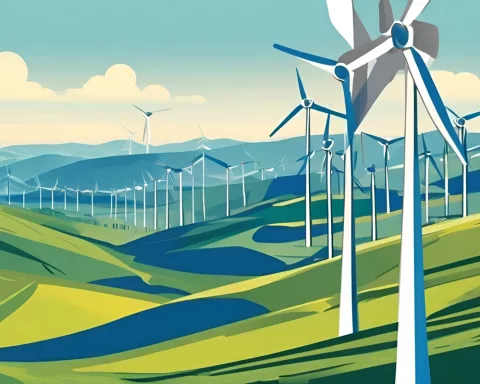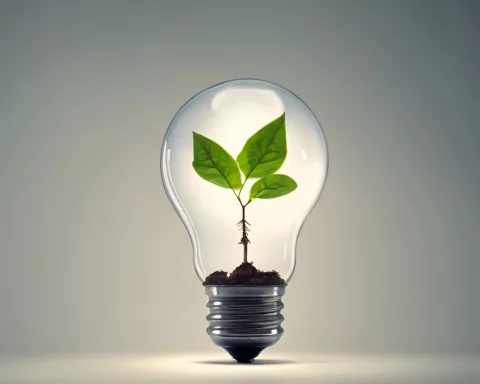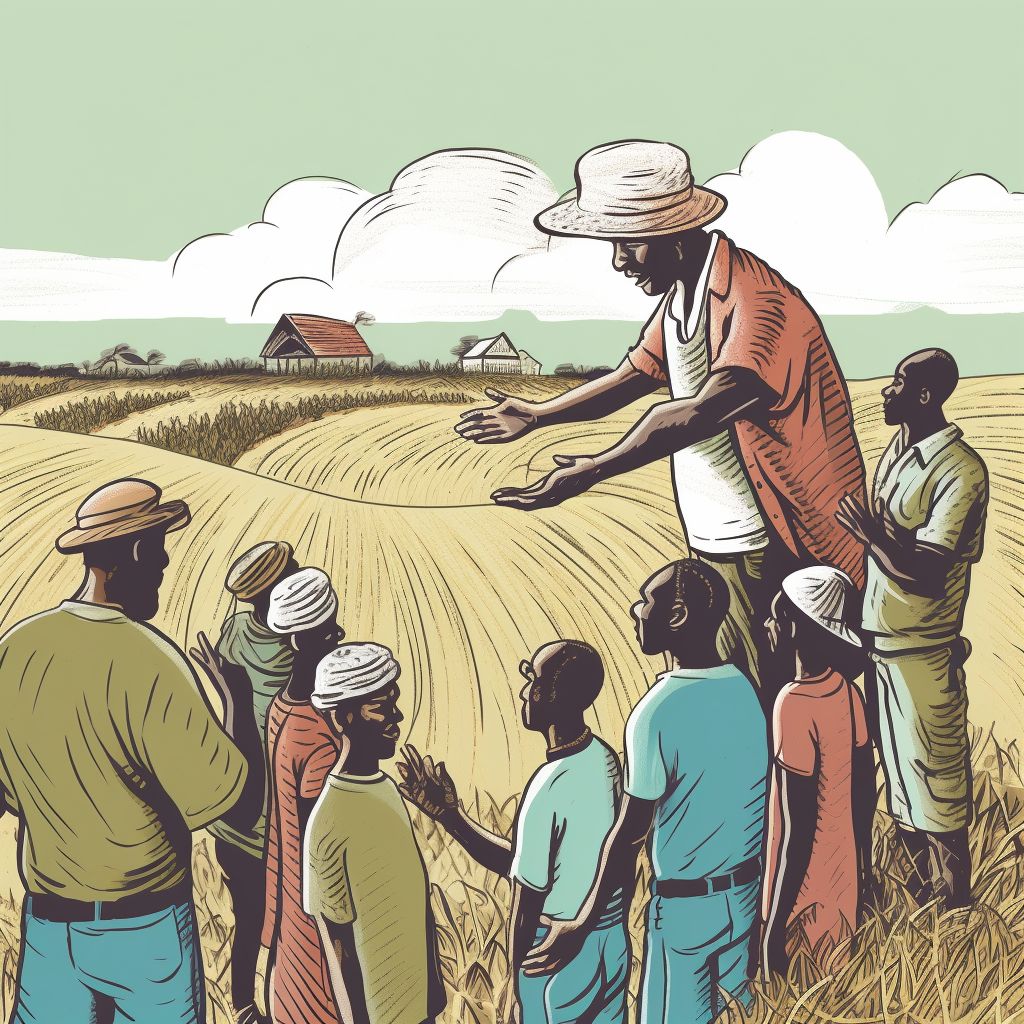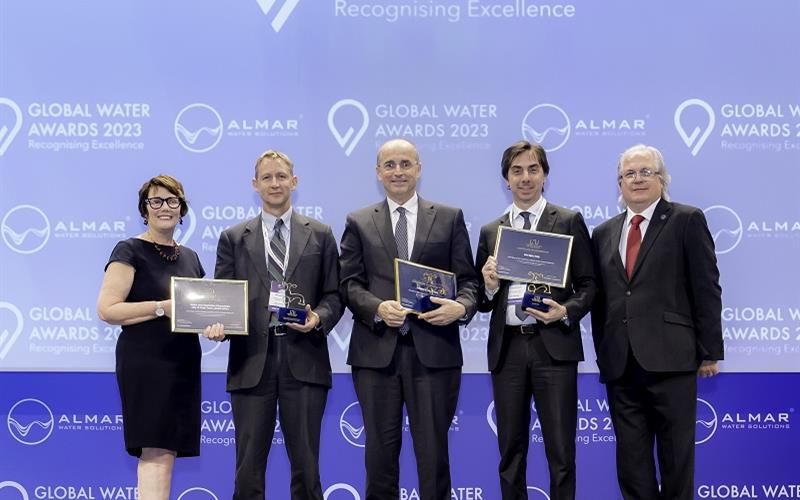South Africa’s Department of Agriculture, Land Reform and Rural Development (DALRRD) recently presented its Budget Vote for the 2023/24 financial year. In response to the challenges faced by rural communities due to extreme weather events, the COVID-19 pandemic, and an ongoing electricity crisis, the department emphasized several key initiatives aimed at empowering and uplifting these communities. The following sections highlight some of the initiatives described in the budget vote.
Climate Change and Agriculture
Climate change poses a considerable risk to food security and nutrition, disproportionately affecting the most vulnerable and impoverished sections of society. As such, DALRRD is implementing programs to mitigate the impact of climate change on the agriculture sector and protect these communities. These programs comply with national and sectoral legislation and provide financial aid to affected provinces.
Rural Infrastructure Development and Skills Development
Two key initiatives, the Integrated Rural Development Sector Strategy (IRDSS) and the Comprehensive Rural Development Programme (CRDP), focus on rural infrastructure development and skills development. These initiatives are central to the growth of rural economies and overall rural development, and the IRDSS aims to guide planning, implementation, and reporting on rural development initiatives in an integrated and coordinated manner using the District Development Model.
Infrastructure Investment
Infrastructure investment is crucial for supporting rural communities, as it can create jobs, stimulate economic growth, and improve the overall quality of life. The department completed 440 infrastructure projects in the previous financial year and plans to implement 83 more during the 2023/24 period, including the development of Farmer Production Support Units (FPSUs), fencing, and animal handling facilities.
Rural Roads Programme
The improvement of rural roads directly impacts accessibility for rural communities. DALRRD has allocated over R300 million to the Rural Roads Programme in the 2023/24 financial year. This program focuses on village access roads, farm roads, and FPSU access roads.
Animal Diseases and Management
DALRRD is addressing animal diseases and management by rolling out mitigation and intervention measures such as the construction of new dip tanks, refurbishing existing ones, and implementing fencing to curb diseases like foot-and-mouth. Additionally, the River Catalytic Scheme provides agricultural irrigation for communities with several projects completed or underway that benefit small-scale farmers and improve crop quality and market access.
Socio-Economic Projects
Revitalizing rural development also entails implementing socio-economic projects, such as the development of the Mkhambati area as part of the Eastern Seaboard Smart City Development Initiative. The department is also working to establish safety forums in local communities to combat crime and gender-based violence.
National Rural Youth Service Corps
Addressing youth unemployment is another priority for DALRRD. The National Rural Youth Service Corps (NARYSEC) program trains unemployed rural youth in various skills, facilitating their transition into vibrant, equitable, and sustainable rural economies. Since 2010, about 17,000 rural youth have been trained through NARYSEC, with an additional 4,500 set to be trained in the 2023/24 financial year.
Through this multifaceted approach, the Department of Agriculture, Land Reform and Rural Development seeks to promote economically viable and safe rural areas in South Africa for all residents, particularly vulnerable women, youth, and children. By fostering the growth and development of rural communities, the department aims to ensure their long-term stability and success.

